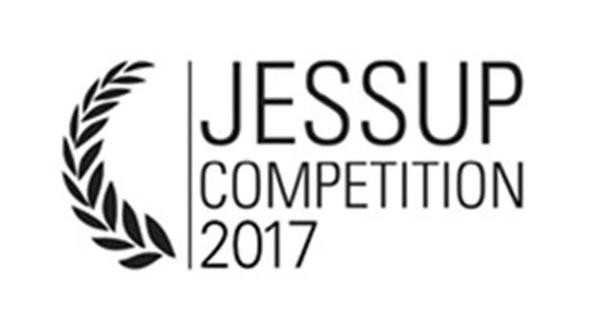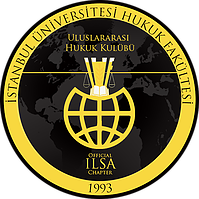
Prepared by: Ekin YAVUZ & Elif YILDIZ
Translated by: Ahmet OKUTAN
- The Philip C. Jessup Moot Court Competition, is the biggest and the oldest moot court competition dedicated to the international law. Every year approximately 700 law faculties from 90 countries applies for taking place in the competition. Jessup Moot Court is named after international law professor Philip C. Jessup, who served as judge in the International Court of Justice as the delegate of USA.
- Only one team can represent each university in the Jessup Moot Court Competition. If more than one university team applies to the competition from a country, National Rounds will be organized. According to number of applicants, such as 1-10, 11-20, 21,30 or between similar range, 1, 2, 3 or more university gain right to attend White & Case International Rounds in Washington D.C.
- More than one hundred law faculties of USA apply every year, therefore more than 10 law faculties of the country take place in the international rounds. In Turkey this number changes but every year approximately ten school apply and after the national rounds, which usually takes place in March, 1 team attends to the international rounds.
- Jessup team consists of at least two, at most five members. All teams are subject to Jessup Rules which arepublished annually in August. Every law faculty’s own process of election applies to determination of their team.
- In Istanbul University Faculty of Law this process starts with the announcement during the spring-summer term for the ones who want to be a member of the team, invitation of an exam which tests the knowledge of international law, notice of the must-read materials during the summer and ends with an interview. An academician from Department of the International Law consults the Jessup team. After the team is established, team members’ names, team mentor’s, university’s and faculty’s informations will be recorded into the ILSA’s Jessup Team system.
- There is an ongoing bound between Jessup and ILSA for many years. The process of applying to the competition is organized by ILSA and national rounds’ moderator and organizer are also selected by ILSA. All teams have the ability to access news, sources etc. by their own Jessup team section on ILSA web site.
- During the applying process, the law faculties which have ILSA Chapter benefits of the discount about paying the applying fee. Also, ILSA Chapter supports the team during the preparation process. (For instance; listening the teams during oral-phase and inviting the members during evaluation who has moot court experience from the past.)
- Every year, the Jessup team starts working in September by analyzing the compromis (Jessup Problem). This compromis text is a reflection of international law’s current problems. There are two hypothetical countries and they apply to International Court of Justice to resolve the dispute between them.
- The Jessup Moot Court Competition consists of two parts; written and oral. Teams present two memorials about compromis on the date (usually a date in January) competition administration stated before. Memorials are written by the moot court teams after detailed examination and research based on international law sources and terms which point both applicant and respondent are right about the dispute. The process of writing memorial is shared in Jessup rules with details and is examined by the teams. Each team is obliged to record both applicant’s and respondent’s memorials to the system till the stated presenting date by Jessup administration and send to Washington D.C. for examination. Memorials are examined and all teams are graded. After the teams presented their memorials, they start preparing for the oral part.
- The most important part of the competition is the oral part and it is the most influencing part on the evaluation. In this part both teams have to take the stage four times; two for the applicant and two for the respondent. In this parts every team is matched with four rival universities’ Jessup teams and the debaters competes two times as applicant and two times as respondent. Both debaters present their speeches 45 minutes in total in the presence of the judges of the International Court of Justice. At this stage questions about the case, international law, content of sources and referenced cases maybe asked to the debaters by the judges.
- In oral part; rhetoric, international law knowledge, having a grasp of the referred sources and compromis is important. Also the English used has to be very formal, diplomatic and academic. After four rounds all teams are invited to the anouncement of the teams which earned right to participate in the semi-finals. After semi-finals, the final round takes place and the winning team goes to Washington D.C in april as representing team of its country in White & Case Jessup International Rounds.
- The subject of 2016 can be classified as cyber attack, spying and acceptance of evidences, immunity and conventional obligation and human rights.
As ILSA Istanbul, we wish success to our friends who will represent our university in Jessup competition.
BIBLIOGRAPHY:
“Philip C. Jessup International Law Moot Court Competition.” International Law Students Association. Web. 29 Nov. 2015. <https://www.ilsa.org/jessuphome> Son Erişim Tarihi: 09.12.2016

